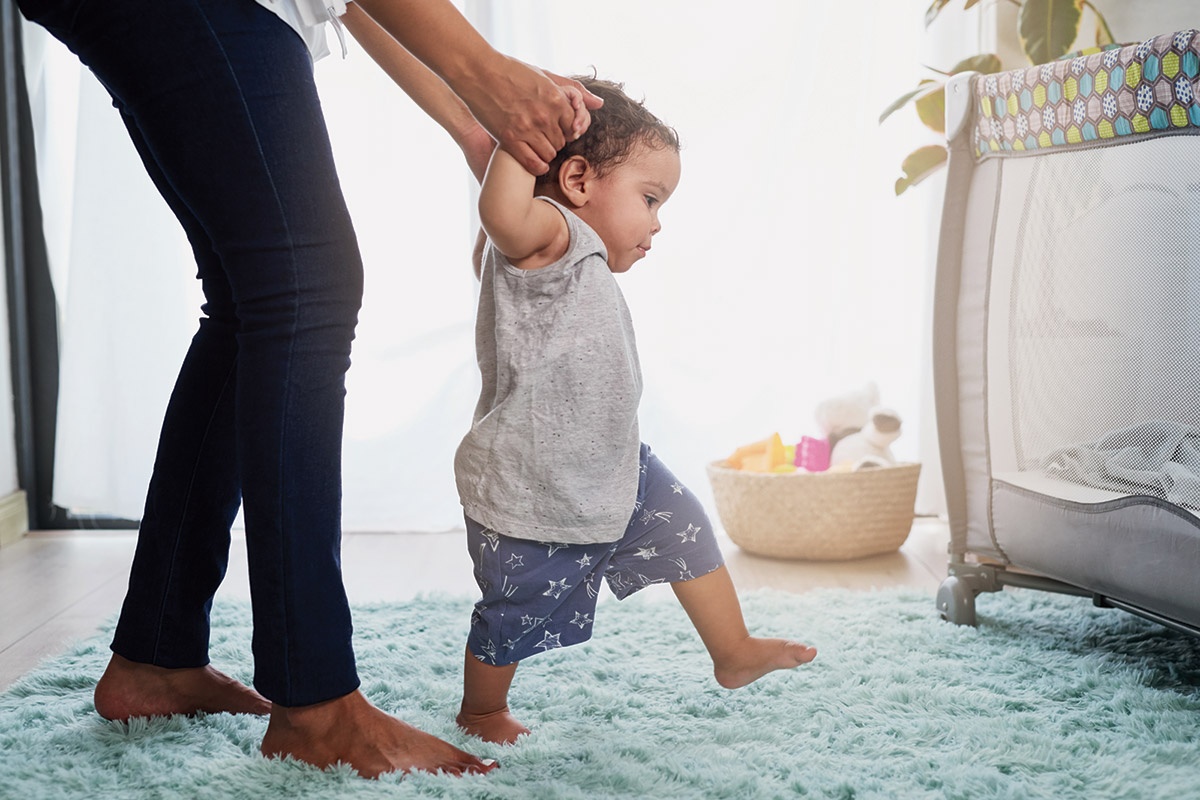If you have small children, make sure unused wall outlets have safety coverings. Unprotected wall outlets can be a hazard. Also:
- Check that outlets and wall switches are cool to the touch. Unusual warmth may indicate unsafe wiring and should be checked by an electrician.
- Ensure all outlets and switches are working properly. Faulty equipment may mean unsafe wiring.
- All outlets and switches should have faceplates. Exposed wiring is a shock hazard.
- Check that extension cords are correctly rated for the amount of electricity they are going to carry and are approved by a reputable safety standards organization.
- Screw lightbulbs in securely. Loose bulbs may cause a fire or shock.
- Check all electric cords for visible damage. Frayed cords can be dangerous.
- To avoid excessive wear and cord damage, ensure that cords don’t run under rugs and don’t have furniture resting on them.
- Do not nail or staple electric cords in place. Cord damage can result in a fire and shock hazard—and extension cords should only be used for temporary purposes.
- If you have wet hands or are standing on a wet surface or in water, don’t touch or use any electrical device.
- Small appliances (hair dryers, toasters, etc.) should be unplugged when not in use. Unattended, connected appliances create an unnecessary risk.
- Keep all appliance cords away from hot surfaces (toasters, range tops, ovens, etc.). Cords can be damaged by excessive heat.
- Check that all appliances and electric equipment are located away from the sink and bath. Appliances can kill if they come into contact with water.
- In kitchens, bathrooms and anywhere there is water nearby, standard outlets should be replaced with ground-fault circuit interrupters. GFCIs provide shock protection by quickly cutting off the circuit and preventing injury.
- Never insert any metal object, such as a fork, into an appliance.
- Make sure you’re using the correct wattage and proper kind of lightbulb in all lighting fixtures. The wrong type of bulb can lead to overheating or fire.
- Never leave space heaters unattended when in use.


